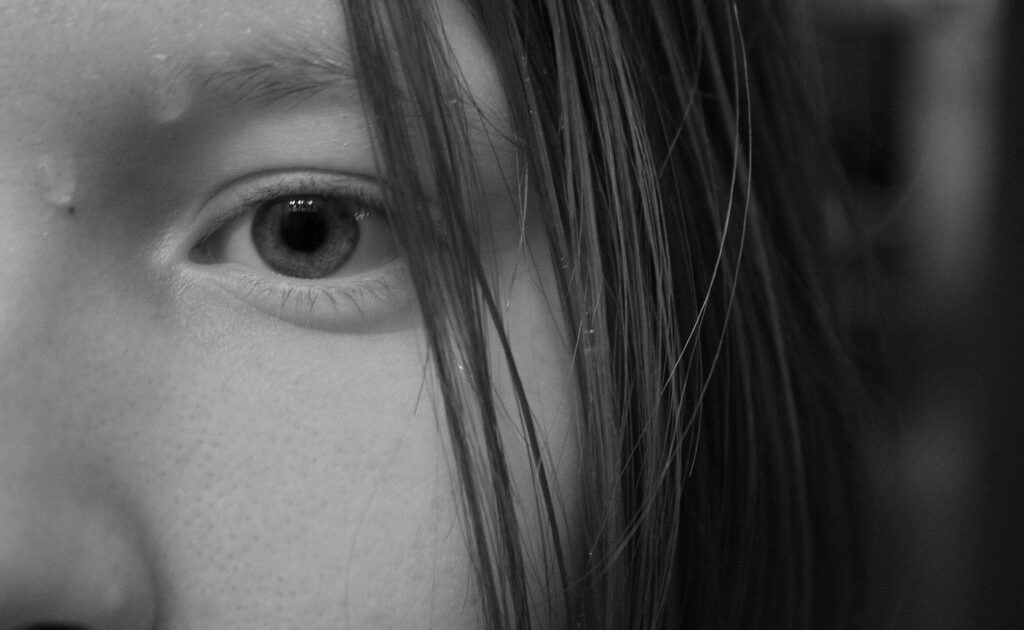What is Sweat Good For, Exactly?

Most of us despise sweating, unless we are in a context that invites it (read: gym, sex). However, when your outside going about your day, sitting in a meeting or about to enter a job interview, the last thing you want are beads of perspiration building up on your temple, making you look ever more anxious, nervous or frazzled. But sweating is necessary, and the more you do to block it, the more harm you’re doing to your body’s natural mechanism to balance your body temperature. But what is sweat, exactly?
Here’s all about sweat and why you should just let it happen when it does. No shame.
Your body is covered with some 2.6 million sweat glands, giving you to the ability to produce up to 6 pints (3 liters) of sweat per hour, although that’s an unlikely occurrence unless you are in a particularly hot environment. Sweat is mostly made up of sodium, chloride and potassium, which are brought to the surface of the skin by water made by your sweat glands. When the liquid evaporates, the sodium stays behind. There are two types of sweat glands in humans: eccrine glands and apocrine glands. The eccrine glands are the major sweat glands found all over the body, with a high density in palms and soles. The apocrine glands are found in certain areas of the body, such as the armpits, nipples, ear canals, eyelids, nostrils and genitalia. Apocrine glands are more viscous and complex than eccrine glands, as they secrete an oily fluid containing proteins, lipids and steroids.
Sweating is your body’s way of regulating body temperature. It also detoxifies dangerous chemicals and petrochemicals from the body. Such metals and metalloids are found in tissues and when you sweat, you help to shepherd those wastes out of the body. So why stop this important process? Sure, it can be uncomfortable, but you should make time to sweat every single day, and sweat a lot! If you drink plenty of water and eat plenty of water-containing foods, sweating will help to rid your body of fat and other toxins without causing you to dehydrate.
Also posing danger are all the ways in which we try to avoid sweating. Mainstream deodorants and antiperspirants can be incredibly dangerous. Your underarms are near your thyroid glands and thus whatever is absorbed into the skin in your underarms is in close enough proximity to the thyroid glands to cause them harm. While it has not been categorically concluded, there are studies pointing to the aluminum and parabens in antiperspirant and deodorant as potential causes of breast cancer. In fact, some women who had their breasts removed due to cancer have shown high levels of aluminum in the upper outer quadrant, where cancer occurs most. Parabens have also been linked to cancer because they have estrogen-like attributes.
To stay on the safer side, instead of purchasing any old well-advertised, popular deodorant and antiperspirant, go without applying anything altogether or, if you are concerned about foul-smelling odor, go to your local health shop and purchase a natural deodorant that prevents odor but excludes the addition of aluminum, parabens, propylene glycol and synthetic dyes and fragrances.
If you aren’t a huge fan of working out regularly or simply don’t have the time, there are ways you can still get heated. Pay a regular visit to a spa or clinic that has an infrared sauna. An infrared sauna draws sweat from the inside out, rather than heating your skin from the outside like regular saunas. However you do it, be calm and don’t be afraid to break a sweat!
Related on Organic Authority
Human Sweat Made into Drinking Water?
Break a Summer Sweat with a Yogurt Popsicle Recipe
5 Foods that Make You Smell Not So Hot
Image: Chapendra

